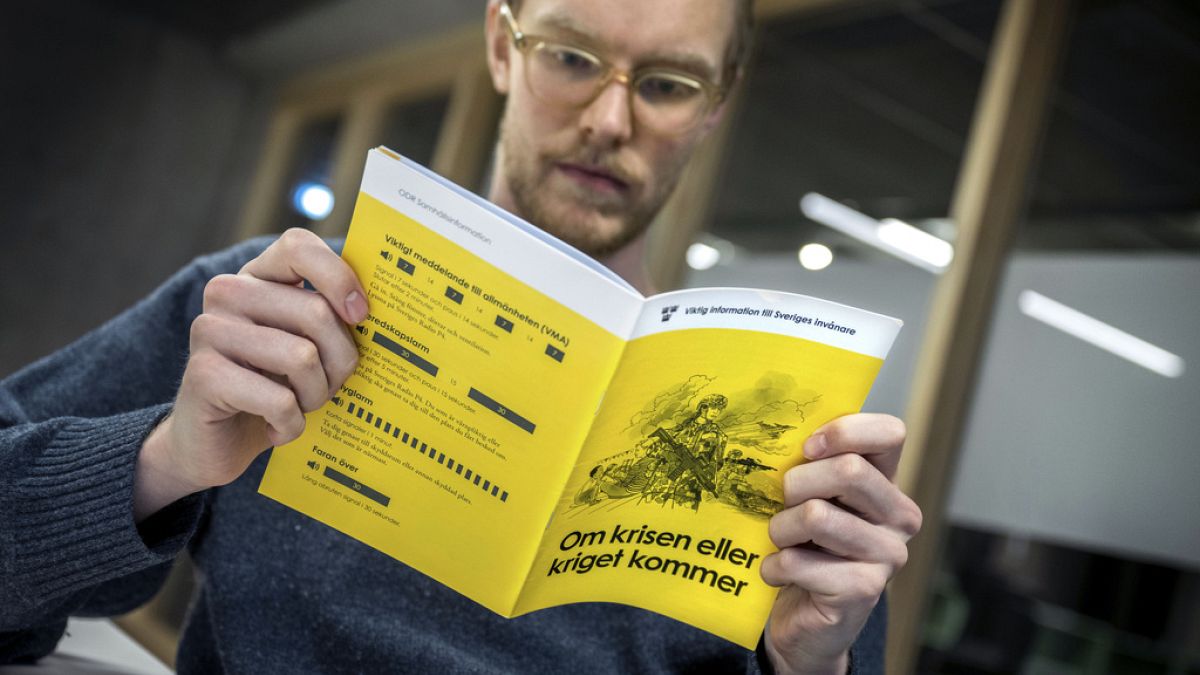
Are EU's Survival Kits Essential Preparedness or Just Fearmongering?
The European Union Commission's recent introduction of survival kits has sparked a lively debate across the continent. As the European landscape continues to evolve in the face of various uncertainties, these kits are intended to equip citizens with essential tools for crisis situations. But are they truly a measure of necessary preparedness, or merely a strategy to induce fear?
The Background of the EU's Survival Kits
In an era marked by unexpected global challenges, the EU Commission has launched survival kits as part of a broader initiative on crisis management. These kits are designed to provide basic supplies, such as non-perishable food, water purification tablets, and first aid items. Their primary aim is to ensure that citizens are not caught unprepared during emergencies.
The rationale behind this rollout is rooted in the EU's commitment to safeguarding its population. Recent events, from natural disasters to political upheavals, have underscored the need for resilience. By distributing these kits, the EU hopes to foster a culture of readiness, where individuals take proactive measures in the face of potential threats.
Understanding the Controversy
The survival kits have, however, not been met with universal approval. Critics argue that these initiatives may sow seeds of panic among the populace. By emphasizing potential threats, the EU could inadvertently exacerbate public fear, rather than inspire confidence.
Moreover, there are concerns regarding the effectiveness of such kits in real crisis situations. Some experts question whether these kits are enough to sustain individuals during extended emergencies. Critics suggest that the focus should instead be on strengthening existing infrastructure and emergency response systems.
Necessity of Preparedness in Today's World
In defense of the EU's initiative, proponents highlight the unpredictable nature of current global challenges. Climate change, geopolitical tensions, and unforeseen pandemics have shown that traditional approaches to crisis management may no longer suffice. Preparedness is not just prudent; it is essential.
Survival kits serve as a tangible reassurance for citizens. In moments of crisis, having immediate access to essentials can make a significant difference in outcomes. The psychological comfort provided by being prepared can also help minimize panic and disorder, allowing for clearer, collective responses.
The Fearmongering Argument
On the other hand, the fearmongering argument posits that preparing for every possible disaster incites unnecessary anxiety. This perspective suggests that constantly directing attention to potential disasters may lead to a society perennially on edge. Critics argue that a focus on empowerment through education could yield better results.
Empowered citizens, well-versed in basic survival skills, can act independently without relying solely on pre-packaged kits. Education initiatives that teach people how to source clean water, build temporary shelters, and administer first aid could prove to be more sustainable solutions.
Evaluating the Impact
To gauge the effectiveness of the survival kits, it is necessary to observe their long-term impact. If citizens feel more secure and competent in addressing emergencies, the initiative will have achieved its goal. However, if the primary sentiment remains one of apprehension and fear, it may be time to reevaluate the approach.
Feedback from the public is essential in this regard. Surveys, community forums, and expert panels can provide valuable insights into the perceived value of these kits. The EU must remain receptive to constructive criticism, ensuring that their efforts truly benefit the citizens they aim to protect.
Balancing Preparedness and Normalcy
The ultimate challenge lies in balancing preparedness with normalcy. Citizens must be equipped to handle emergencies, but not at the cost of their peace of mind. This balance requires a nuanced approach, where preparedness initiatives are complemented by strong public communication strategies.
Authorities should communicate clearly about the kits, emphasizing that they are a precaution, not a prediction. Transparency about the intent and limitations of these kits can help alleviate unwarranted concerns among the population. Workshops and informational sessions could further demystify the concept.
Conclusion: A Call for Open Dialogue
In conclusion, the debate around the EU's survival kits underscores a broader conversation about modern crisis management. As societies navigate increasingly complex realities, proactive measures must be taken. However, these measures should be informed by an understanding of public sentiment and psychological well-being.
The EU Commission's survival kits represent a sincere effort to protect and empower its citizens. Yet, continuous dialogue is crucial to ensure that these initiatives do not inadvertently induce anxiety. By fostering open communication and adaptive strategies, the EU can lead by example in cultivating a resilient, informed, and confident community.


